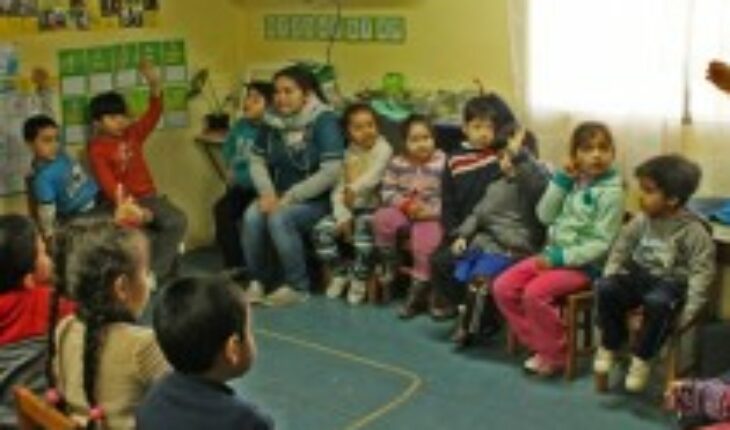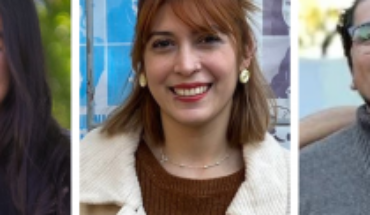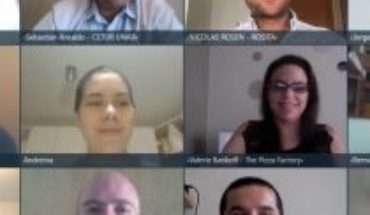Robert Fulghum published in 1986 his book “Everything You Need to Know I Learned in Kindergarten”, a series of reflections on learning at that stage of life. His recommendations are as simple as they are relevant: clean up what you dirty, ask for forgiveness when you hurt someone, live a balanced life: learn, think, draw, paint, sing, dance, play and work a little every day, among others. According to the author, wisdom was not on the top of the mountain of the educational career, but in the sandbox of the garden.
In our country, hit by violence, crime and disagreement, why do we ask ourselves so much about the causes? It seems that the trees do not allow us to see the forest: Chile presents, since before the pandemic, less than 50% of the participation of children in preschool education. This year, serious absence, understood as those who attend less than 85% of the classes, has increased, according to the corresponding Undersecretariat, by almost 100%.
It is key that our country is able to lay good foundations of coexistence and cooperation to face the current uncertainty. According to UNICEF, between 0 and 4 years of age the child lays the foundations for the development and growth of their future. On the other hand, according to the WHO, the skills that are developed during initial education are the basis on which you can continue to build your thinking, language, motor skills, relationship with others, etc. And based on the OECD, according to the results of the PISA Science test, 15-year-old Chileans, who attended kindergarten education between one and two years, outperformed their peers who did not.
What can we do? We know that at the international level there are programs for the development of socio-emotional and cognitive skills that have evidence of their results, and therefore it is not only urgent that the country implement compulsory preschool education, but also that establishments must be provided with programs that have scientific evidence of the highest standard. The San Carlos de Maipo Foundation has been working since 2017 on the adaptation and piloting of the I Can Problem Solve program, developed by Dr. Mirna Shure and which promotes socio-emotional skills to impact cognitive flexibility, among other areas of development. This and other programs can help to recover a time that we did not think we were going to lose or, at least, commit so strongly when we saw this crisis start in 2020.
Undoubtedly, there is much to improve in our Chile, but we will not be able to take advantage of the opportunities that we generate with so much effort, if the most important capital, that of the people, is compromised by the development of weak bases. Apparently the time of improvisation and “patches” is over, let’s use science and stop being late.
Follow us on
The content expressed in this opinion column is the sole responsibility of its author, and does not necessarily reflect the editorial line or position of El Mostrador.





